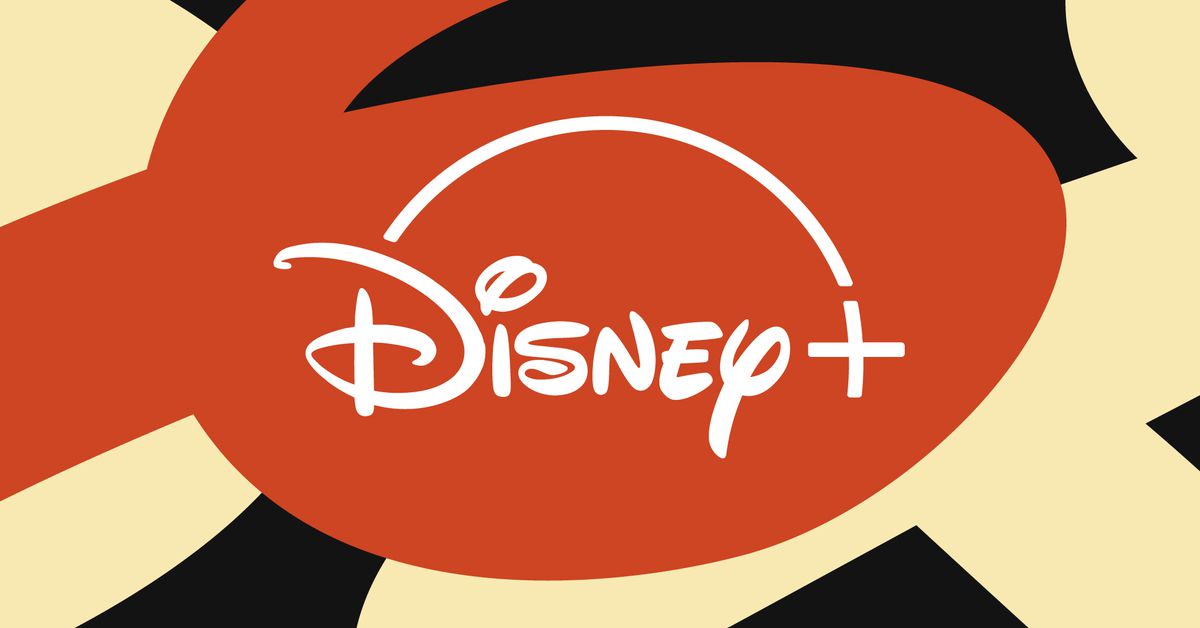/cdn.vox-cdn.com/uploads/chorus_asset/file/23954702/acastro_STK080_disneyPlus_03.jpg)
Disney wants a Florida court to dismiss a wrongful death lawsuit at a Disney-affiliated restaurant based on terms of service for the entertainment giant’s website and streaming video services. The company argues that a couple agreed to an arbitration clause when one of them bought tickets to Disney World — and in an even more distant connection, when signing up for Disney Plus years before.
The lawsuit, filed in February, concerns a 42-year-old woman named Kanokporn Tangsuan, who died due to an allergic reaction that occurred after eating at one of the restaurants at Walt Disney World Resort’s Disney Springs area in October 2023. As noted in the suit, Tangsuan and her husband, Jeffrey Piccolo, allegedly chose the restaurant because it advertises “the accommodation of persons with food allergies” as a “top priority.” Tangsuan was “highly allergic” to nuts and dairy.
Piccolo, who represents Tangsuan’s estate, is suing Disney for damages of more than $50,000. However, in a motion filed in May, Disney alleged that Piccolo accepted a forced arbitration agreement when signing up for Disney Plus in 2019. The streaming video service’s terms of use state that “any dispute between You and Us, Except for Small Claims, is subject to a class action waiver and must be resolved by individual binding arbitration.” And the agreement folds in another agreement to Disney’s broader terms of use, including a similar waiver covering “all disputes” involving Disney and its affiliates.
Arbitration is a private legal process that involves settling a dispute outside of court. While it’s a suitable option in some cases, it’s risky in others, as the National Association of Consumer Advocates says “arbitrators aren’t required to take the law and legal precedent into account,” and you can’t appeal their decision.
The response argues that Piccolo’s clicking of a box to create an account shouldn’t bind his wife to the same agreement
Disney argues Piccolo agreed to the arbitration clause outside of Disney Plus as well. The motion says he accepted the “My Disney Experience Terms and Conditions” when purchasing tickets to Epcot in September 2023, and that agreement includes Disney’s terms of use. But in a response to Disney’s motion filed earlier this month, Piccolo’s legal team argues the overarching Disney terms were made effectively invisible. He “would have had no notice” when signing up for Disney Plus, it says, because Disney put the link to its terms of use within another link on the agreement page. And when he was accepting the “My Disney Experience” terms, the filing claims he wouldn’t have seen them either since Disney assumed he’d already seen them four years ago.
Either way, the response argues that Piccolo’s clicking of a box to create an account shouldn’t bind his wife to the same agreement. And neither of these agreements were necessary to eat at the restaurant because you don’t need to buy tickets for Disney Springs.
“There is simply no reading of the Disney+ Subscriber Agreement, the only Agreement Mr. Piccolo allegedly assented to in creating his Disney+ account, which would support the notion that he was agreeing on behalf of his wife or her estate, to arbitrate injuries sustained by his wife,” the lawsuit reads. “Frankly, any such suggestion borders on the absurd.”
Unfortunately, mandatory arbitration agreements like the one in Disney’s terms have become increasingly common and even come into play when purchasing physical products. To make matters worse, most people don’t read the lengthy terms they’re agreeing to, as a 2023 study found that 99 percent of people aren’t aware they’re subject to forced arbitration when using services like Netflix, Hulu, or Cash App. That means they’re unknowingly waiving their right to a trial in court. When sprawling companies like Disney set these terms, it becomes even harder to tell what you’re signing up for when you click a box marked “I agree.”
Services Marketplace – Listings, Bookings & Reviews
